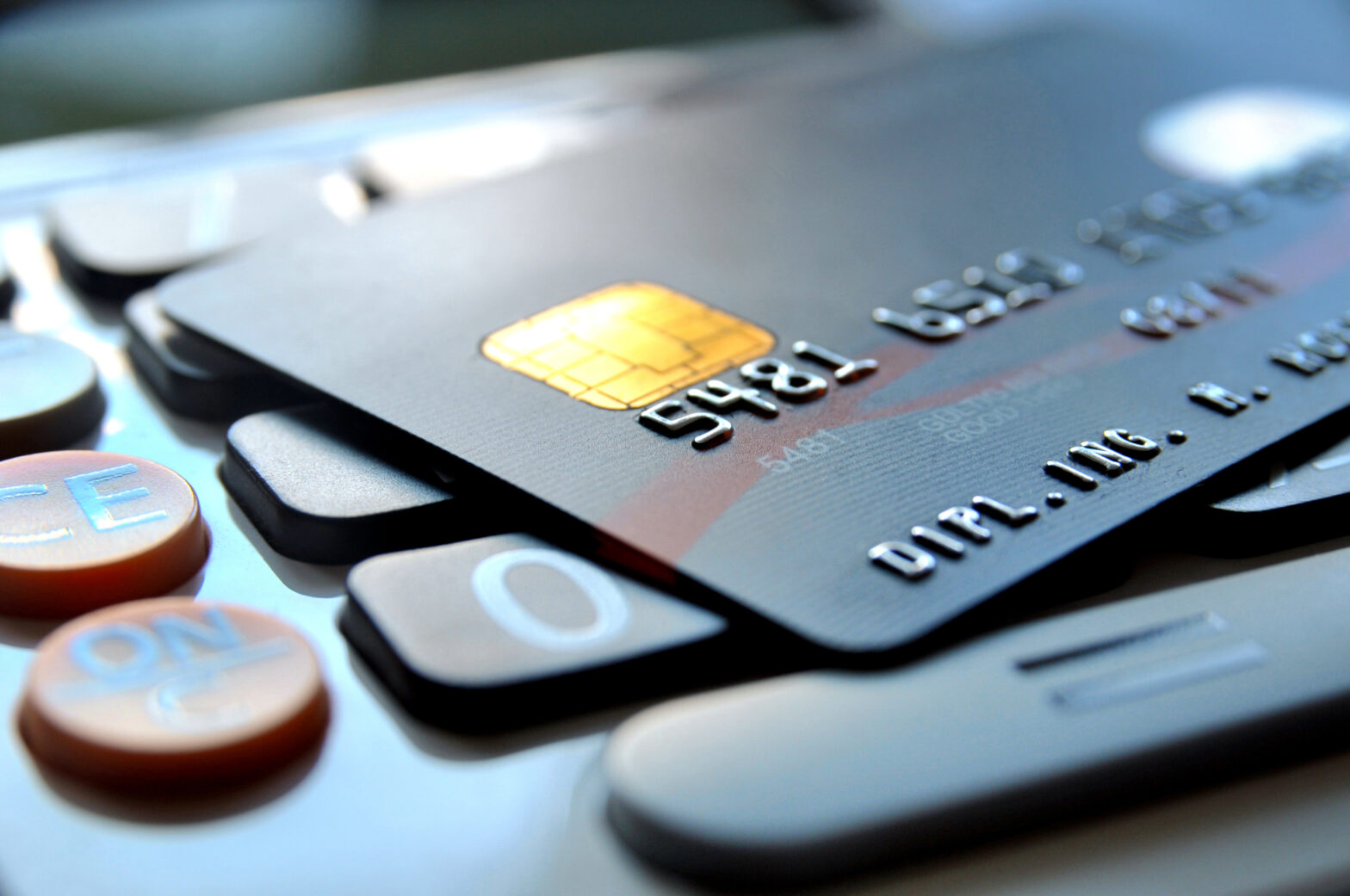Types of business card
Business credit cards differ from personal credit cards in a number of ways. They are issued on a company’s credit rating, rather than an individual’s and typically have spending controls on, for example, cash withdrawals from ATMs.
Generally business banking cards can be classified into two types:
Credit cards – with credit cards it is possible to make just a minimum payment and carry the remaining balance forward to the following month. The card issuers charge interest on the amount carried forward.
Charge cards – the entire balance is settled each month by direct debit. Consequently no interest is charged on the balance.
Who are they for?
Business credit cards are suitable for any type of organisation from small local businesses to large multinational organisations.
Organisations with overseas trade can choose a ‘lodge account’ that reduces costs and allows control over corporate travel policy.
Potential benefits
Financial management – Business credit cards significantly improve financial control. Most now offer free management and reporting services, considerably simplifying financial management.
Reduced dependency on cash – Business credit cards reduce the need for cheques and petty cash in day-to-day activities and help eliminate the use of travellers’ cheques and foreign currency.
Less admin – Research by the Henley Centre shows that time saved on administration expenses saves a business £302 per annum per senior manager.
Discounts and rewards – Credit card companies offer discount rates of up 30 per cent on many products and services. Individual cardholders can also earn rewards through reward programmes that come with most cards.
Things to watch out for
Supplementary card fees – Some card issuers charge a fee for adding additional cards onto the accounts.
Lack of protection – Unlike personal credit cards, charge cards and debit cards offer no protection against, for example, late delivery by suppliers, faulty products or insolvency.
What are the next steps?
Determine credit limits – Estimate as accurately as possible how much the business can afford in monthly payments and how much the maximum credit limits should be.
Number of cards – Decide on how many of the company’s employees should be allocated a credit card and if there should be any differences in spending limits between the employees.
Particular requirement – Does the business have any particular requirements? For example, if the credit cards will be used to pay for flight travel expenses, a ‘lodge card’ could be the best option for the business.
The discounts and rewards offered with certain cards, should be considered with regard to the needs of the business.
Frequently asked questions
Do I need to be an account-holder with the bank to be eligible for a business credit card?
Some issuers require that the business holds a current account with the bank in order to take advantage of their business credit card account. Other issuers, such as Barclaycard Business, do not have this as a requirement.
Do business credit cards offer protection from fraud?
Business Credit Cards come with no liability clauses for fraudulent use, if they are lost or stolen, providing the issuer is notified as soon as possible. To protect against unauthorised e-commerce transactions some business card providers have an online guarantee that can cover unauthorised transactions.
Can I apply for more cards?
Business credit cards make it possible to add supplementary cards should the business require more cards over time. Some issuers charge an additional fee per card where others do not. This will be stated in the terms and conditions.





